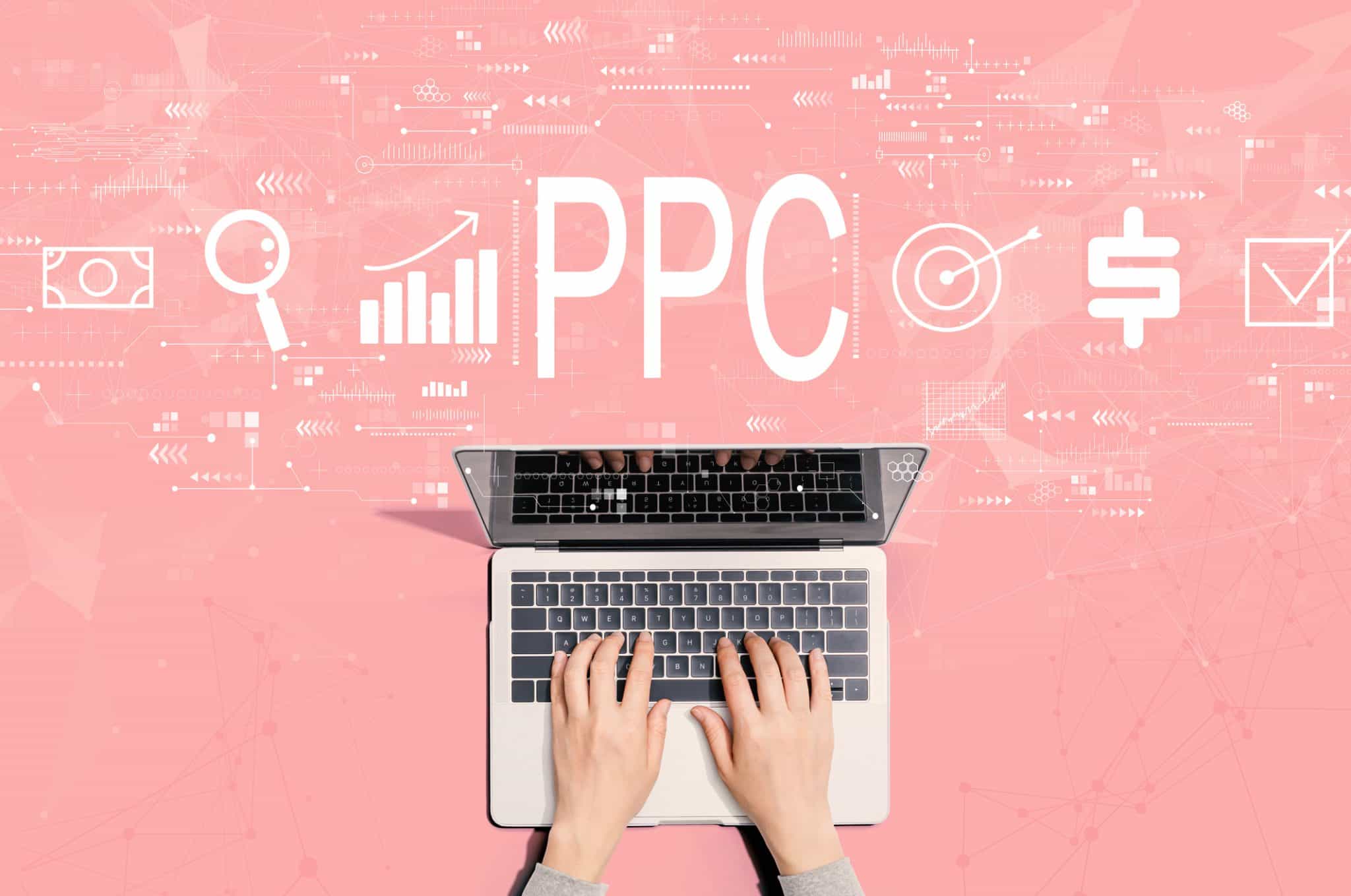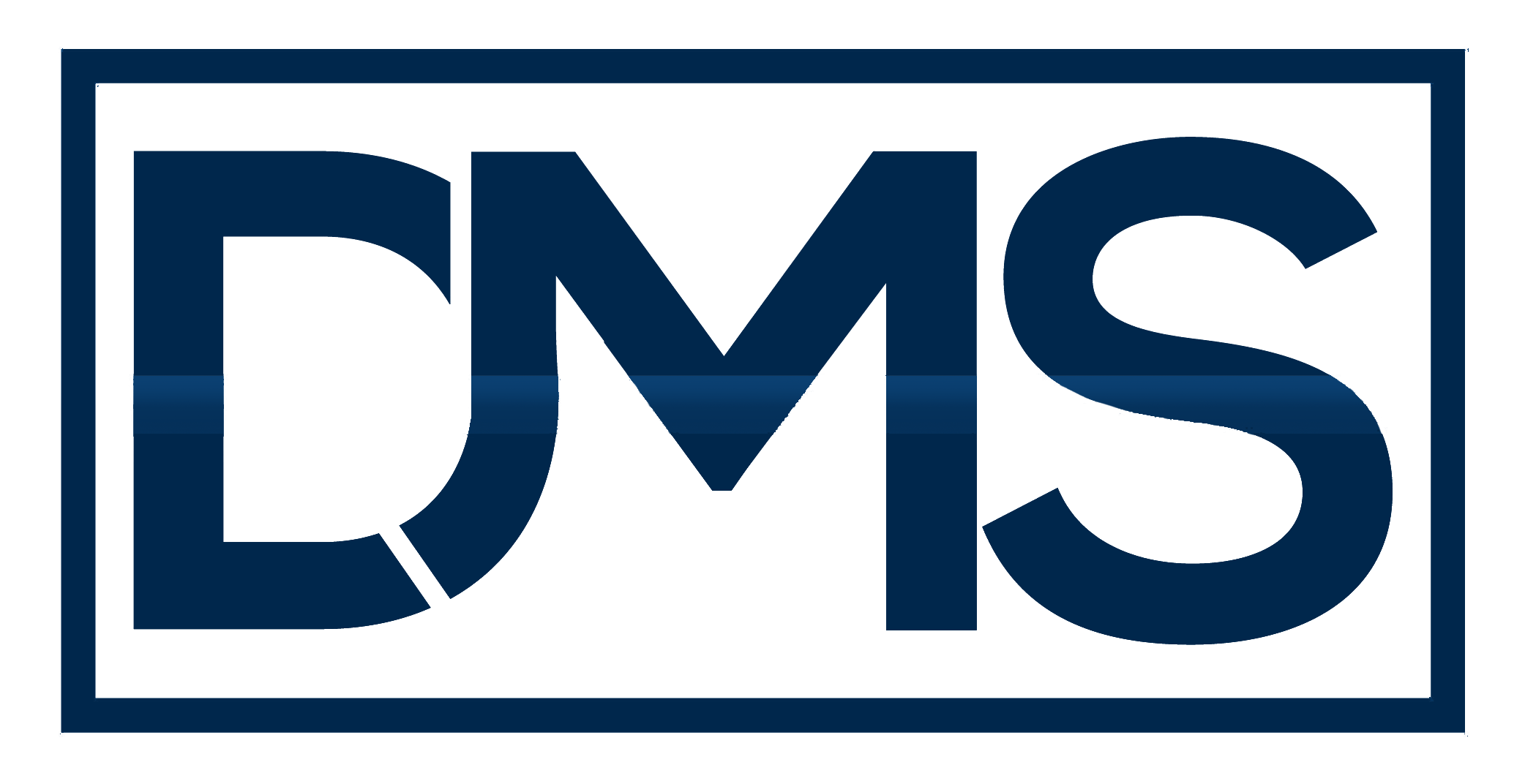
Stay up to date on the latest digital marketing topics.
News & Trends

Dominate Digital: How PPC Advertising Can Catapult Your Business Forward
In an era defined by data-driven decision-making, businesses must continuously innovate and adapt their marketing strategies to stay relevant and competitive. However, many struggle to identify the most effective channels for reaching their target audience and fail to capitalize on opportunities for growth. One of the biggest catalysts for business growth today is pay-per-click (PPC) advertising—a digital marketing strategy that could represent a wealth of untapped potential.
By harnessing the power of data analytics and targeting capabilities inherent in PPC platforms, businesses can unlock new avenues for customer acquisition and revenue generation. Whether you’re looking to expand your customer base, boost sales, or enhance brand visibility, this guide will equip you with the tools and insights you need to explore the full potential of PPC advertising and propel your business to new heights.
What is Pay-Per-Click (PPC) Advertising?
PPC advertising is a powerful tool for driving visibility and targeted traffic to your business’ website or landing page. Let’s think of it in terms of a gas station. SEO is like a gas station owner building a great local reputation over time as the best place for travelers to stop. PPC is like a gas station owner paying for a high-visibility billboard on the nearest busy highway.
There are different platforms for PPC advertising, including:
- Search engines: Google Ads is the most popular platform for search PPC ads.
- Social media: Facebook Ads, Instagram Ads, and Twitter Ads allow you to target users based on demographics, interests, and behaviors.
- Display networks: These are networks of websites that allow you to place banner ads.
How PPC Works
Next time you do a search, take note of the ads at the top that are labeled as “sponsored” or “ad”—these are paid ads. In basic terms, you bid for the keywords you want, place an ad online, and only pay for it when someone clicks on it. Here’s a basic breakdown of how the process works:
- Advertisers bid on keywords: These are the terms or phrases that people might use to search for products or services related to your business.
- Ads appear in search results: When someone searches for a keyword you’ve bid on, your ad might appear at the top of the search engine results page (SERP) or on other websites.
- You only pay when someone clicks: This is the key advantage of PPC. You only get charged when someone shows interest in your ad by clicking on it.
Determining if PPC is Right for Your Business
Overall, PPC advertising offers businesses a way to reach their target audience effectively, drive traffic to their website, and achieve specific marketing objectives such as lead generation, sales, or brand awareness, all while paying only for actual clicks on their ads. That said, it may not be right for everyone. Let’s take a look at some of the key considerations you need to make.
Budget
PPC advertising requires a healthy investment, as you’ll be paying for each click on your ads. Evaluate your budget to ensure you can allocate funds for PPC campaigns while still achieving a positive return on investment (ROI).
Business Goals
Consider your business objectives carefully. Are you looking to increase website traffic, generate leads, boost sales, or improve brand awareness? PPC can be effective for various goals, but it’s essential to define clear objectives before investing in this type of advertising.
Target Audience
Determine if your target audience is actively using search engines or social media platforms where PPC ads are displayed. Conduct market research to understand your audience’s behavior and preferences, making sure that PPC campaigns will reach them effectively.
Website Readiness
Make sure your website is optimized to convert traffic from PPC campaigns. A well-optimized website with clear calls-to-action and relevant landing pages can maximize the effectiveness of your PPC efforts and improve conversion rates.
To return to our gas station analogy, if your billboard looks great but your station is run down, hard to get to, or poorly managed, people will turn away once they arrive. Similarly, if your website isn’t user-friendly, they’ll be more likely to bounce (leave the site) after clicking an ad.
When is the Right Time to Launch a PPC Campaign?
There’s no universal “right time” to launch a PPC campaign, but it can be helpful to think about a few factors that can help you maximize and optimize the timing of your ads.
- Promotions: Create a burst of awareness and drive traffic to short-term promos when you launch a PPC campaign right before the start date.
- Seasonal trends: If your product or service has seasonal demand, try launching a related campaign right before the peak season to capitalize on early interest.
- Product or service line launches: A PPC campaign timed with a new product launch can generate excitement and drive early sales.
Setting Up Your PPC Campaign
PPC can be a powerful way to reach new customers, generate leads, and boost sales. But it’s important to set up your campaigns carefully and track your results to make sure you’re getting a good return on your investment (ROI).
To do this, you’ll need to carefully define your campaign goals and objectives and conduct keyword research to identify relevant keywords for targeting. Once you lay the groundwork, it’s time to think about how to craft compelling ad copy and creative elements to bring readers in. After the planning phase is complete, it will be time to set up ad targeting parameters, allocate your budget, and implement tracking mechanisms to measure your campaign’s performance.
Is Pay-Per-Click Advertising Worth It?
PPC advertising can be absolutely worth it, but it depends on several factors. PPC offers you the opportunity to generate fast results, target your efforts toward very specific audiences, and achieve top rankings on SERPs. It can be a flexible tool with easy-to-measure ROI.
Of course, the more successful your ad is, the more expensive it becomes, so you need to make sure you have the right budget in place—especially if you’re in a highly competitive market, like the med spa, healthcare, or senior living industries. And because running these campaigns takes diligence, time, effort, and expertise, you need to make sure you’re ready to manage them effectively.
Get Expert Pay-Per-Click Management Services
If this all sounds like a lot, that’s because it is. The process is often too time-consuming for busy business owners to handle on their own, which is why they turn to paid advertising management companies. A digital marketing agency can help you pinpoint the ideal parameters for getting started, carefully track performance, and make adjustments as your campaign grows and evolves.
When you work with Dapper Market Solutions, you’ll get a dedicated team of experts ready to help you create the best PPC strategy for your business and fit it in seamlessly with your other digital marketing strategies. Schedule your free quote today to get started!
Dapper Market Solutions: Your Trusted Pay-Per-Click Advertising Agency
At Dapper Market Solutions, we help businesses manage marketing campaigns, customer communications, and sales with HighLevel, a powerful all-in-one marketing platform. HighLevel offers email marketing, SMS marketing, CRM, and funnel building in one place. Start your 14-day FREE trial, or contact Dapper Market Solutions to learn more!
Explore More From DMS
The Team, The Team, The Team!




